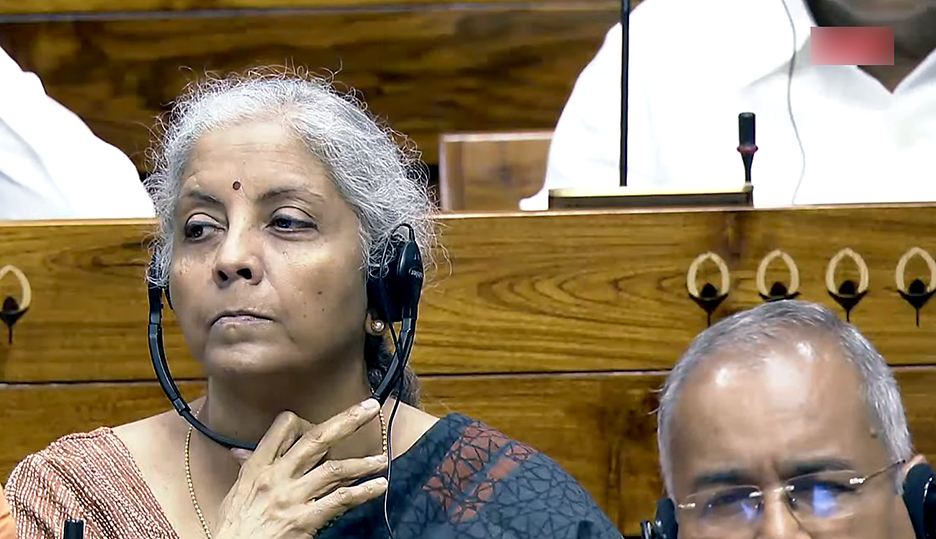The Indian economy has recovered and expanded steadily after the pandemic, with the real Gross Domestic Product (GDP) in 2023-24 increasing by 20 per cent compared to the pre-pandemic level of 2019-20, according to the Economic Survey 2023-24 tabled in Parliament on Monday.
This upward trajectory, the Survey highlights, is a feat achieved by only a few major economies.
“Prospects for continued strong growth in FY25 beyond look good, subject to geopolitical, financial market and climatic risks,” the Economic Survey notes.
Global economic growth for 2023 is reported at 3.2 percent, as per the World Economic Outlook published by the International Monetary Fund (IMF) in April. The survey notes that divergent growth patterns among countries are driven by domestic structural issues, varying exposure to geopolitical conflicts, and the effects of monetary policy tightening.
Despite these external challenges, India has maintained the momentum built in 2022-23 into 2023-24. The country’s real GDP grew by 8.2 percent in FY24, exceeding the 8 percent mark in three out of four quarters.
“The focus on maintaining macroeconomic stability ensured that external challenges had minimal impact on India’s economy,” the survey states.
The government’s emphasis on capital expenditure and sustained private investment has boosted capital formation, with Gross Fixed Capital Formation increasing by 9 percent in real terms for FY24.
Looking ahead, healthier corporate and bank balance sheets are expected to further strengthen private investment. “Positive trends in the residential real estate market indicate a significant increase in household sector capital formation,” the Survey notes.
Inflationary pressures stoked by global troubles, supply chain disruptions, and vagaries of monsoons have been deftly managed by administrative and monetary policy responses. As a result, after averaging 6.7 per cent in 2022-23, retail inflation declined to 5.4 per cent in 2023-24.
“The fiscal balances of the general government have improved progressively despite expansionary public investment. Tax compliance gains driven by procedural reforms, expenditure restraint, and increasing digitisation helped India achieve this fine balance.”
The external balance has been pressured by subdued global demand for goods, but strong services exports largely counterbalanced this. As a result, the current account deficit (CAD) stood at 0.7 per cent of the GDP during 2023-24, an improvement from the 2.0 percent CAD in 2022-23.
Union Finance Minister Nirmala Sitharaman tabled the Economic Survey 2023-24 in Parliament today. The Economic Survey document, prepared by the Economic Division of the Department of Economic Affairs in the Ministry of Finance and formulated under the supervision of the chief economic adviser, gives insights into the state of the economy and various indicators for 2023-24 (April-March).
Sitharaman is set to present the Union Budget for 2024-25 in Parliament tomorrow.
(With ANI input)




















